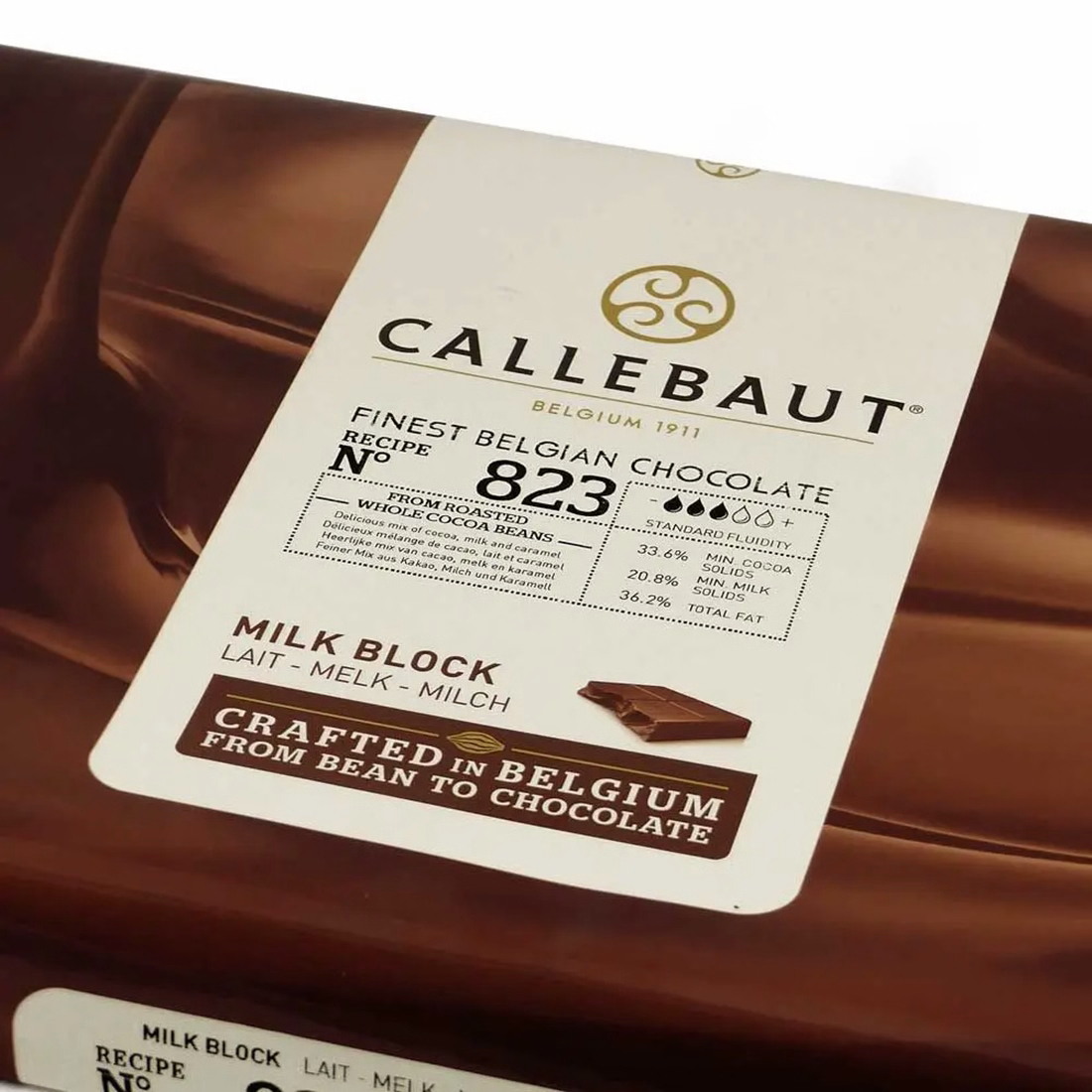International
Bitter Cocoa: the chocolate giant Barry Callebaut annouces 2500 layoffs. Shock in Belgium

The Barry Callebaut chocolate company, Europe’s largest, announces a transformation program with the dismissal of 2,500 employees, including 500 in Belgium.
“Eliminating duplication and modernizing production: this is how the management of Barry Callebaut’s Belgian factories justified the (heavy) restructuring announced Monday at specially convened extraordinary works council meetings. In short, nearly 500 jobs are directly at risk at the plants in Wieze (East Flanders) and Hal (Flemish Brabant).
Last September’s announcement of the “BC Next Level” plan, an investment program worth 500 million Swiss francs (525 million euros) in innovation, services, and digitization to reduce costs by 15 percent, or 250 million Swiss francs a year, suggested that employment would be affected. But the size of the social bill took unions by surprise.
Worldwide, the Swiss giant, formed in 1996 by the merger of France’s Cacao Barry and Belgium’s Callebaut, plans to cut 2,500 of its 13,000 jobs over the next 18 months. The German plant in Norderstedt, near Hamburg, is in danger of being closed.
The Wieze plant, the world’s largest chocolate factory (1,200 employees), is also paying a heavy price. Management is planning to cut 250 clerical jobs and 60 blue-collar jobs. At Hal (480 employees), 159 blue-collar and 19 white-collar jobs could be laid off. The plant in Heule, near Courtrai, and the global logistics platform in Lokeren will not be affected by the restructuring.
“Management announces a 165 million euro investment while at the same time proclaiming its intention to potentially lay off nearly half of the plant’s workers.” Unions in chaos
Basically, the company announced at the same time large investments and the dismissal of 18 percent of the workforce in countries where they are not used, as in Italy, to being left at home from morning to night. The unions are in shock. A week after the chocolate giant’s “enthusiastic” presentation of its results, “behind particularly antiseptic language,” they say in a joint statement, “lies a real social bloodbath.”
Inflation, soaring cocoa prices, and high sugar prices are undoubtedly factors that influenced Barry Callebaut’s radical decision. Barry Callebaut is the world’s leading producer of chocolate products, with an annual production of 2.3 million tons. It produces only bulk chocolate, which it sells to food companies, starting with chocolate giants such as Nestlé, Hershey’s (Kit Kat, Smarties), Mondelez (Lu, Côte d’Or, Milka), and Unilever (Magnum, Ben & Jerry’s, Carte d’Or), as well as to artisan confectioners and chocolatiers. In France, it supplies Lotus Bakeries and chocolate makers Neuhaus and Leonidas.
One of the arguments made by management at the works council meeting was the need to adapt to increasing pressure from competitors (Belcolade, Cargill, etc.) in an increasingly difficult market environment, including in the private label segment. However, the latest figures remain positive. In the first quarter of the postponed 2023–2024 fiscal year, it increased sales volumes by 0.4 percent. But Barry Callebaut has clearly decided to apply the adage “governing is planning” to the letter. So the whole thing appears to be a kind of squeezing of companies for the benefit of finance.






